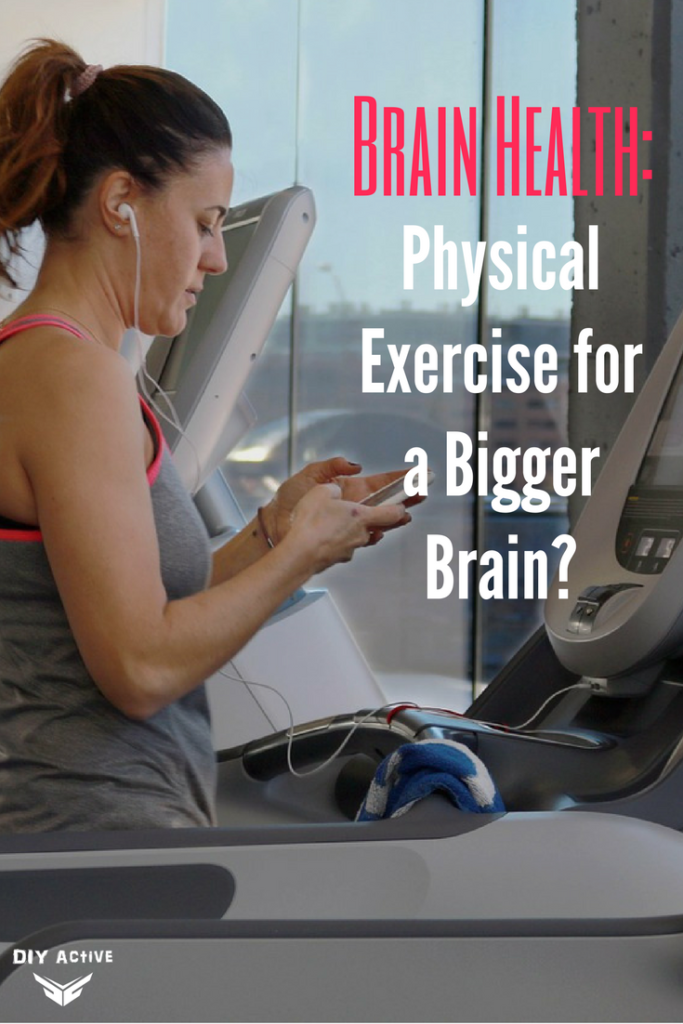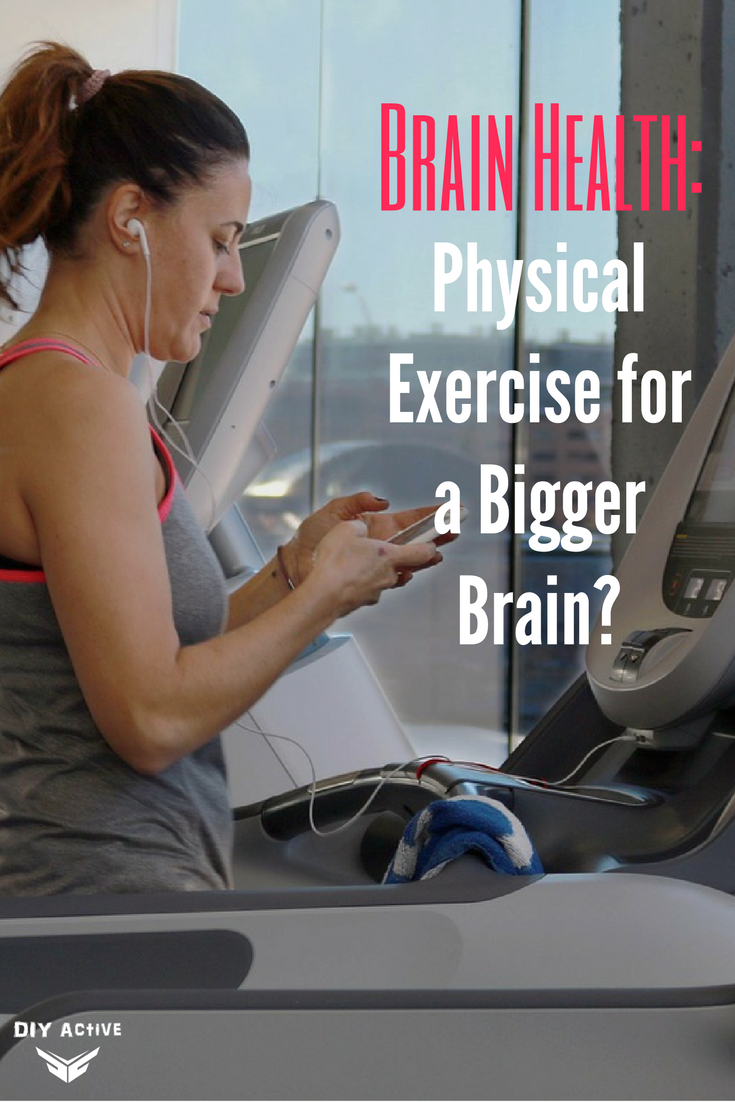
Physical Exercise Improves Brain Health
Almost everyone knows that exercising regularly provides a multitude of benefits. Gaining muscle mass, increasing endurance, improving lung function, and maintaining good heart health are all well-known factors that come from a regular exercise program, but what about improved brain function?
Brain Health Research
Recent studies conducted by the University of British Columbia have shown that…
Regular aerobic exercise can not only provide the benefits mentioned previously but can also increase brain size and mental sharpness.
The study indicated that aerobic exercise—specifically related to activities that get the blood flowing and sweat glands pumping, such as running or interval training—increased practitioners’ abilities in verbal memory and learning. These attributes are related to the part of the brain called the hippocampus, which increases in size when the previously mentioned activities are performed.
How Does Physical Exercise Help the Brain?
 With age, there is commonly a decrease in certain aspects of how the brain works. While the severity of the aspects that decrease varies from person to person, most adults 55 and older do experience at least a slight downturn in mental sharpness.
With age, there is commonly a decrease in certain aspects of how the brain works. While the severity of the aspects that decrease varies from person to person, most adults 55 and older do experience at least a slight downturn in mental sharpness.
These aspects may include memory and cognitive ability.
Many hormones that are beneficial to brain health are released during aerobic exercise as well. According to a recent study by the University of Texas, certain hormones are a key factor to increasing brain capacity and memory for people in age groups who may need it most.
In the study, sedentary adults between the ages of 57 and 75 were separated into a physical training or a “wait-list” control group. The physical training group participated in supervised aerobic exercise on a stationary bike or treadmill for one hour three times a week for three months. Participants’ cognition, resting blood flow in the brain, and cardiovascular fitness was assessed at three specific points:
- Before beginning the physical exercise regimen
- Midway through at six weeks
- Post-training at 12 weeks
Participants in the study who showed increases in brain activity after exercise also showed increased blood flow to the hippocampus, which is likely why memory function drastically improved.
Given what the hippocampus is in charge of, it is always the region that takes the most damage from brain conditions, the most common being Alzheimer’s disease. The study concluded that by increasing blood flow and size of the hippocampus through exercising regularly, degenerative brain diseases that are the result of aging might become more easily avoidable.
With regular exercise, the brain is also able to preserve and improve processes that already exist. This can be an important defense against Alzheimer’s, as an increase in oxygen within the brain can strengthen the areas that are most commonly affected.
How do you Choose the Right Workout for the Body AND the Brain?
 It can be overwhelming when trying to get back into shape after a hiatus from activity. Whether it be work, family, school, or other obligations, sometimes the schedule doesn’t allow them time to get much-needed exercise, but it is crucial to try and make the time.
It can be overwhelming when trying to get back into shape after a hiatus from activity. Whether it be work, family, school, or other obligations, sometimes the schedule doesn’t allow them time to get much-needed exercise, but it is crucial to try and make the time.
Exercising and improving brain activity do not require any hard-core workout regimens that can be time-consuming and physically demanding beyond one’s capabilities. To prevent injury, and begin a comfortable routine that gets the body fit and the mind working more efficiently, it’s important to know what one’s limitations are when starting out.
Studies show that the most effective types of exercises in relation to improving the brain and preventing conditions such as Alzheimer’s disease are ones that involve a consistently raised heart rate along with very active sweat glands.
Cardio-based workouts can entail a variety of different exercises, not all of which need to be painstaking or time-consuming. Participating in activities such as biking, jogging, walking, or swimming for at least 20 minutes per day is all that is needed to achieve better physical health as well as improved brain capacity.
Wrap-Up
Take the steps to feel better physically and being sharper mentally by implementing a simple workout routine at least three days a week to improve brain health.
It’s a no-brainer to be able to reap the benefits of avoiding health complications due to inactivity or certain brain conditions.
- Physical Brain Health Exercises for a Bigger Brain - December 10, 2023
- Hot Yoga at Home: A Simple Guide - April 4, 2023
- Diet Detour: 15 Tips On How To Get Back On Track - June 9, 2017



